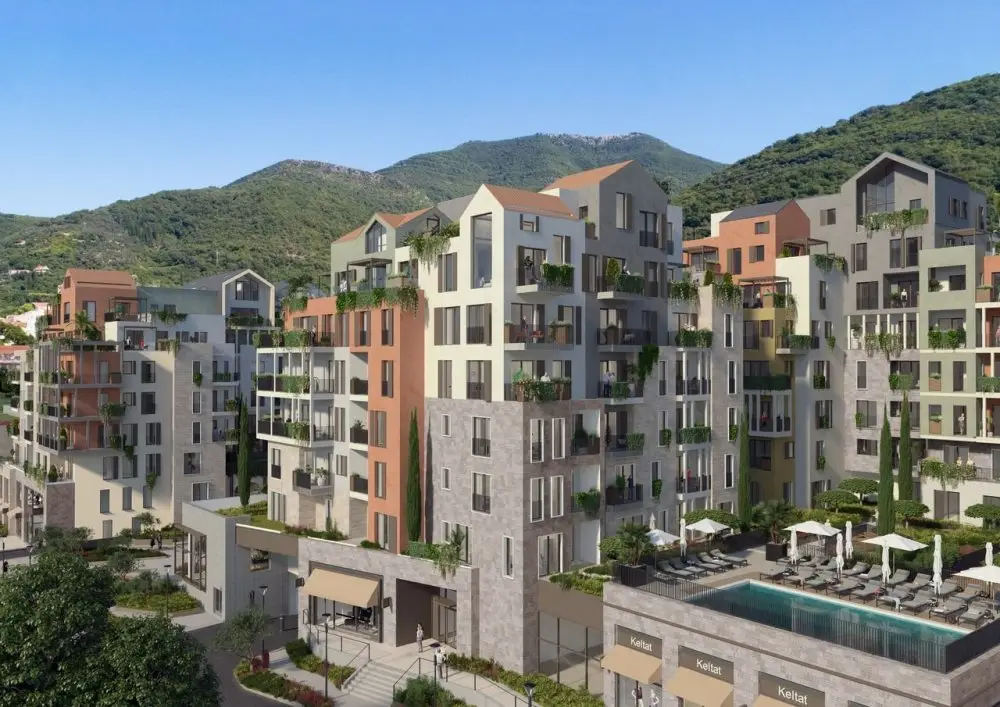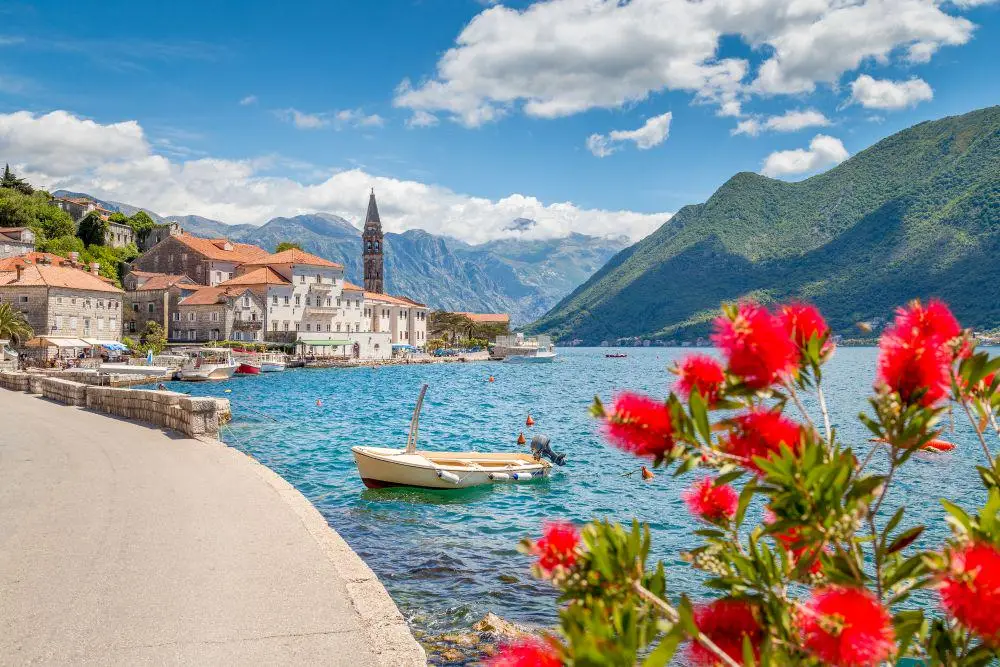The Balkan Peninsula continues to attract investors, entrepreneurs, and families interested in a calm, safe, and accessible European jurisdiction. One of the most straightforward paths for foreigners is obtaining a residence permit in Montenegro through real estate purchase. The procedure remains relevant in 2025, combining the flexibility of immigration legislation, moderate price thresholds, and the possibility of further legalizing one’s status.
Legal grounds for obtaining residency
A citizen of another country can obtain a residence permit by purchasing real estate in Montenegro. The law allows applying for residency in Montenegro based on real estate ownership even without employment obligations. It is important that the property is suitable for living or entrepreneurial activities and is registered in the state cadastre.

The key requirement is proof of actual residence in the country. The residence permit is issued for one year with the possibility of extension. After a five-year period, permanent residency can be obtained, followed by eligibility for citizenship subject to additional conditions.
Housing requirements and ownership categories
The legislation does not restrict applicants in the type of real estate. It can be either residential or commercial property. The main criteria are legal grounds for ownership, absence of encumbrances, and compliance with minimum sanitary and technical requirements. It is also possible to purchase shares or multiple properties if they are registered under individual ownership.
Residency through real estate purchase implies that the owner can reside in Montenegro legally along with immediate family members. Spouses and children can be included in the application, with each person receiving a separate document and individual status.
Stages of obtaining residency in Montenegro through real estate purchase
To understand the procedure, it is necessary to grasp the process structure—from property selection to the final decision of the immigration authority. All steps require careful adherence to deadlines and proper documentation. The residency acquisition algorithm includes:
- signing a sales contract with property registration in the Registry;
- opening a bank account;
- registering at the place of residence and confirming actual presence in the country;
- preparing and submitting a document package to the immigration service;
- undergoing fingerprinting and photography;
- waiting for residency application approval.
Legal support is required at all stages. It is especially important to ensure the correctness of document translations and the validity period of notarial certifications. Residency through real estate purchase does not require proof of employment, making it a convenient option for retirees and remote professionals in Montenegro.
Required document set
Documentary formalities play a crucial role. Authorities demand a complete and up-to-date package; otherwise, the review process is halted. The standard set includes both personal documents and property rights confirmation. The basic list comprises:
- valid passport with a copy;
- property ownership document issued by the cadastre service;
- certificate of no criminal record;
- medical certificate of health status;
- proof of residence address;
- receipt of state fee payment;
- standard application form;
- photos and migration card form.
Residency in Montenegro through real estate purchase is granted only after submitting all the aforementioned documents. The process takes from 30 to 60 calendar days, depending on the workload of the authorities.
Financial aspects and taxes
Housing costs vary depending on the region. For instance, prices in Podgorica or Kotor are higher than in provincial towns. In Montenegro, there is no minimum price threshold for participating in the residency program through real estate purchase in 2025, but for practical procedure implementation, it is recommended to consider an amount starting from 50,000 euros.
Additional expenses include notary services, fees, and an annual property tax (within 0.1-1% of the cadastral value). Opening a bank account at a local institution is also considered a mandatory requirement. The absence of taxes on income earned outside the country makes Montenegro particularly attractive for investors.
Advantages and prospects for residents
Obtaining resident status allows living in the country year-round, using internal services, entering into contracts, educating children, and receiving medical services. Despite not being part of the Schengen Area, Montenegro officially aspires to EU membership, making immigration particularly promising.
Residency through real estate purchase is not just a way to move to Montenegro but also an opportunity to establish a base for further integration into Europe. The legal regime is favorable, the processing time is short, and the procedure is fully transparent. Among the advantages are a stable financial system, pleasant climate, accessible education, and healthcare.
Living with family: stress-free relocation
Relocating with the whole family is possible provided ownership of real estate and approval for each applicant. Domestic legislation supports family reunification, and the country’s infrastructure is adapted to international standards. Foreigners have the right to enroll children in schools, enter into banking agreements, and establish commercial enterprises.
The country has a high level of security, and the language barrier is minimal due to the prevalence of English and Serbian. This makes residency through real estate purchase a convenient choice for long-term living in Montenegro.

Residency in Montenegro through real estate purchase: key points
Residency through real estate purchase remains one of the simplest and most accessible programs for legal relocation to Montenegro. The legislation offers a transparent procedure, moderate requirements, and a quick processing time. Real estate ownership becomes the basis for application submission without the need to obtain work permits.
For investors, families, and those planning to live in the country long-term, it is an optimal path with the possibility of subsequent permanent residency and eventually citizenship.
 en
en  ru
ru  de
de  ar
ar  es
es  nl
nl  hi
hi  fr
fr  it
it  pt
pt  el
el 










